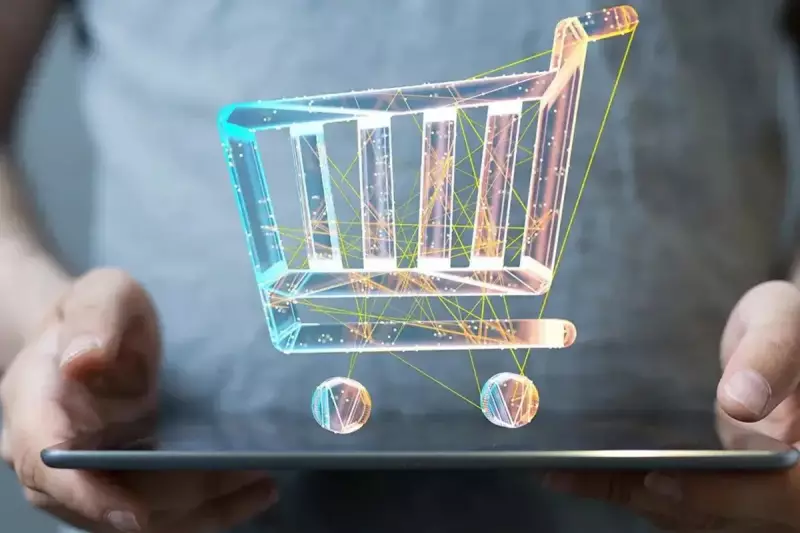
The retail landscape is undergoing a seismic shift as artificial intelligence transitions from futuristic concept to everyday shopping companion. According to groundbreaking research from UBS Evidence Lab, AI-assisted shopping is rapidly moving into the mainstream, fundamentally changing how consumers discover and purchase products.
The Data Behind the Revolution
Recent analysis reveals that approximately 17% of consumers across key Western markets, including the UK, have already embraced AI tools for their shopping needs. Even more compelling is the finding that 50% of these early adopters report using AI shopping assistants weekly, signalling a profound shift in consumer behaviour rather than mere experimentation.
How AI is Transforming the Shopping Experience
Modern AI shopping tools offer capabilities that were unimaginable just a few years ago:
- Personalised product discovery based on individual preferences and past behaviour
- Virtual try-on technology for fashion and beauty products
- Intelligent size recommendations that dramatically reduce returns
- Conversational shopping assistants that understand natural language queries
- Cross-platform shopping integration that remembers preferences across devices
The London Connection: A Hub for Retail Innovation
London has emerged as a crucial testing ground for AI shopping technologies, with major retailers and startups alike leveraging the city's diverse consumer base to refine their offerings. From Oxford Street flagships to emerging digital-native brands, the capital is at the forefront of this retail transformation.
What This Means for UK Retailers
The mainstream adoption of AI shopping tools presents both challenges and opportunities for British businesses:
- Enhanced customer experience through hyper-personalisation
- Reduced operational costs through smarter inventory management
- Increased conversion rates from more relevant product suggestions
- New competitive pressures to adopt AI or risk falling behind
The Future of AI in Retail
As technology continues to evolve, experts predict even more sophisticated applications will emerge. Computer vision for virtual fitting rooms, predictive analytics for trend forecasting, and seamless omnichannel experiences are just the beginning. The retailers who successfully integrate these technologies stand to gain significant competitive advantage in the increasingly digital marketplace.
The era of AI-assisted shopping is no longer coming—it has firmly arrived, and UK consumers and retailers alike are navigating this exciting new frontier together.





